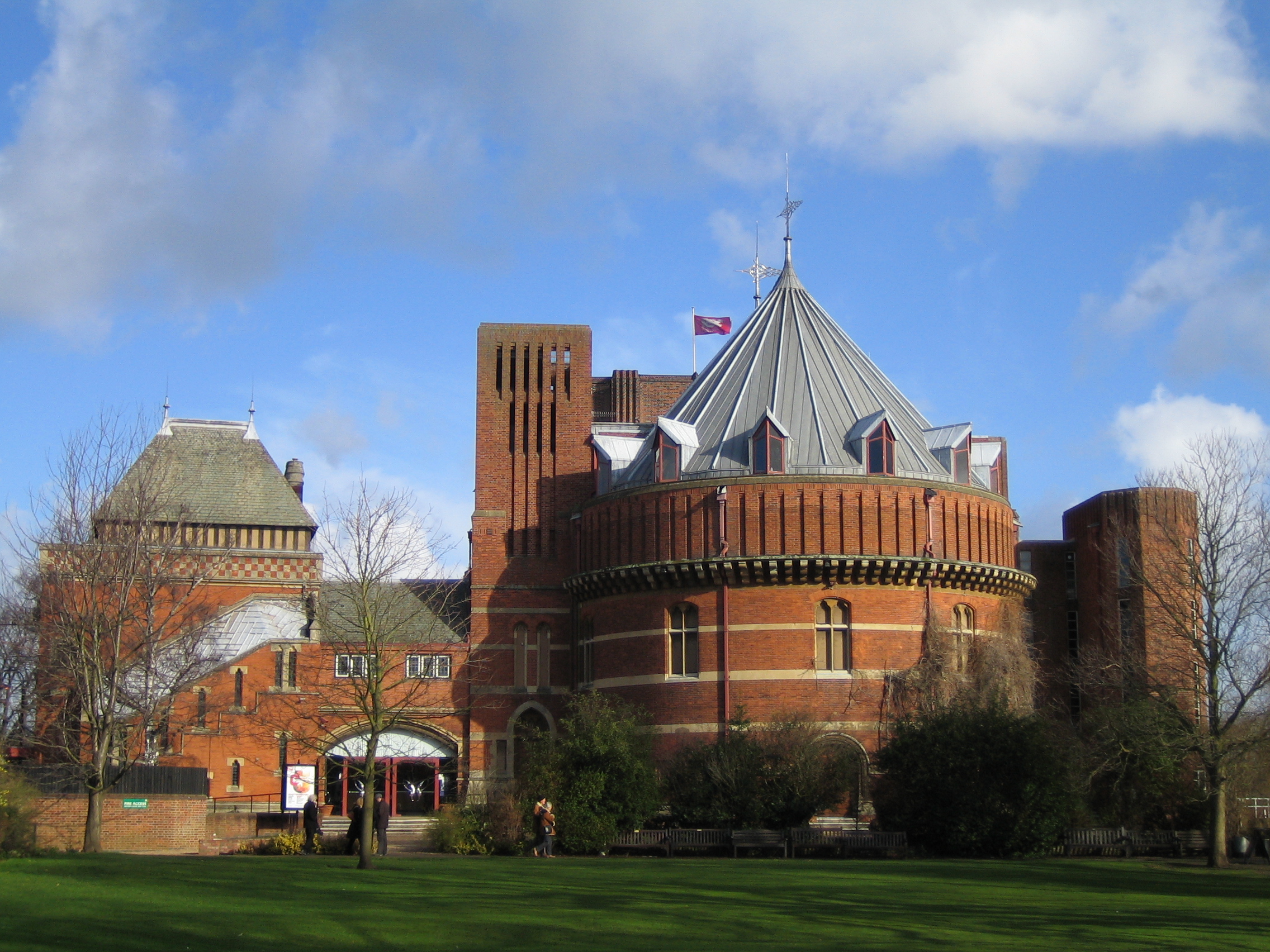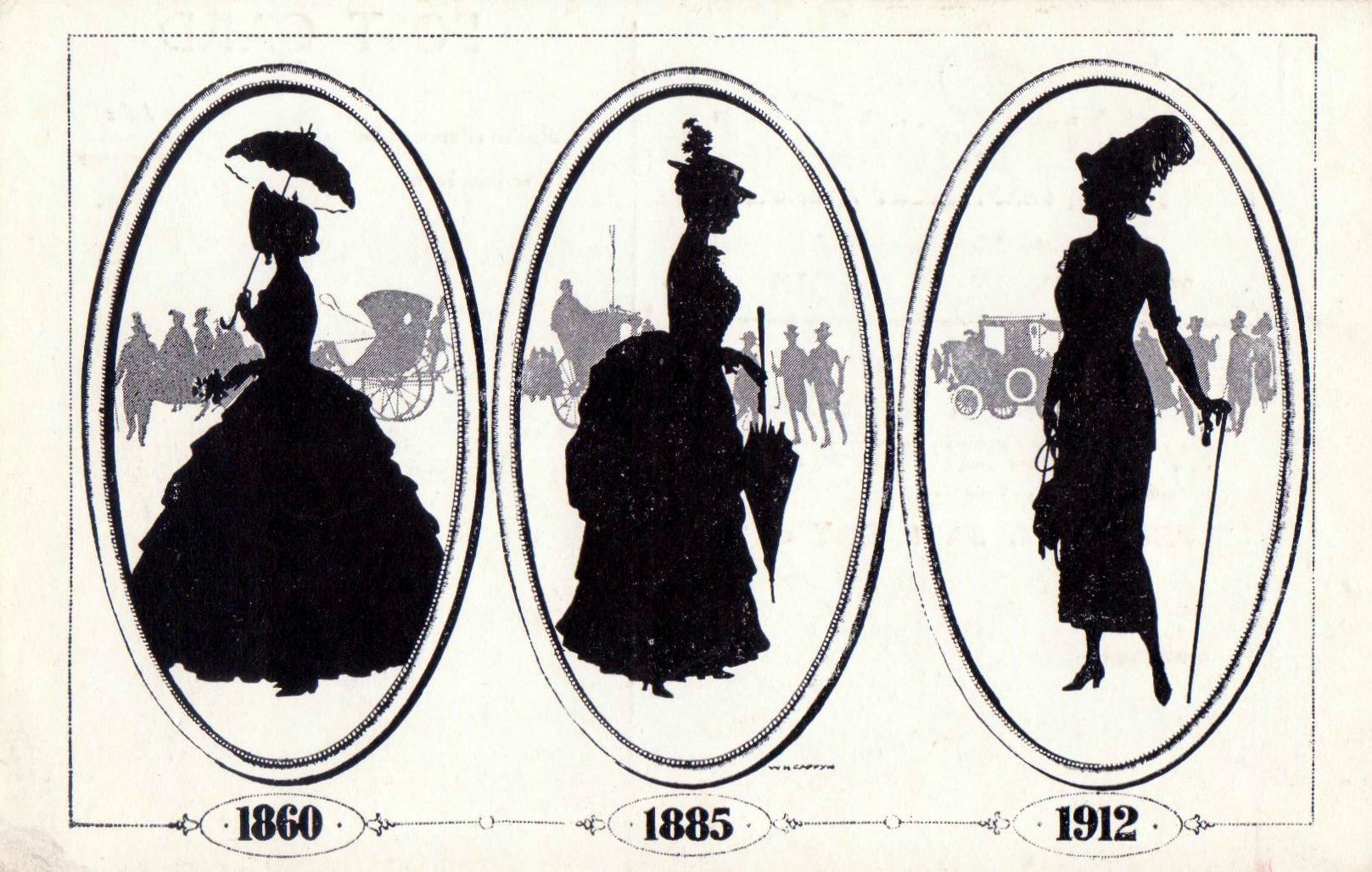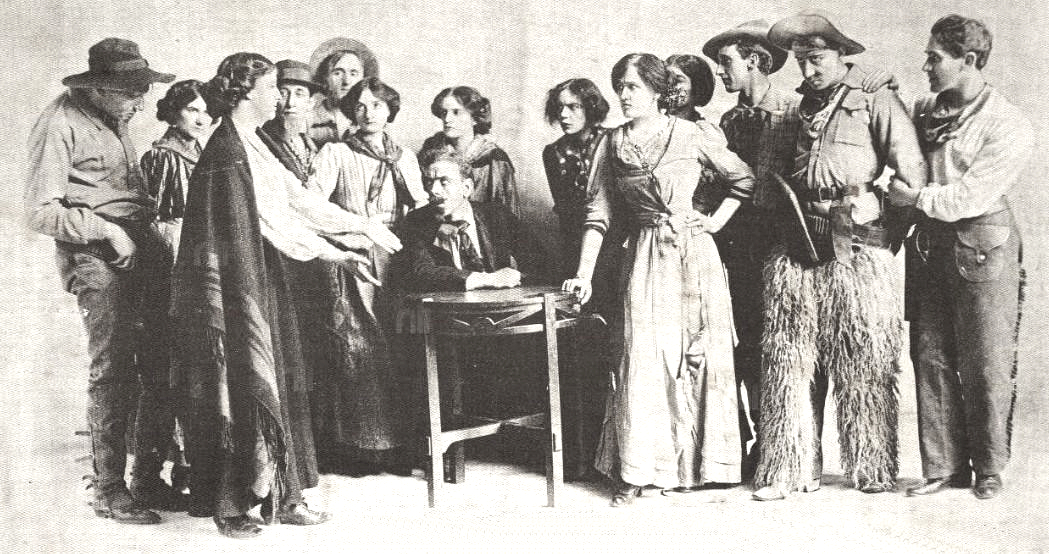|
Theatres Act 1843
The Theatres Act 1843 (6 & 7 Vict., c. 68) (also known as the Theatre Regulation Act) is a defunct Act of Parliament in the United Kingdom. It amended the regime established under the Licensing Act 1737 for the licensing of the theatre in Great Britain, implementing the proposals made by a select committee of the House of Commons in 1832. Under the Licensing Act 1737 (10 Geo.II, c. 28), the Lord Chamberlain was granted the ability to vet the performance of any new plays: he could prevent any new play, or any modification to an existing play, from being performed for any reason, and was not required to justify his decision. New plays were required to be submitted to the Lord Chamberlain for a licence before they could be performed, and theatre owners could be prosecuted for staging a play (or part of a play) that had not received prior approval. A licence, once granted, could be also withdrawn. The Licensing Act 1737 also limited spoken drama to the patent theatres, originally ... [...More Info...] [...Related Items...] OR: [Wikipedia] [Google] [Baidu] |
Short Titles Act 1896
The Short Titles Act 1896 (59 & 60 Vict c 14) is an Acts of Parliament in the United Kingdom, Act of the Parliament of the United Kingdom. It replaces the Short Titles Act 1892. This Act was retained for the Republic of Ireland by section 2(2)(a) of, and Part 4 of Schedule 1 to, the Statute Law Revision Act 2007. In that country, this Act is one of the Short Titles Acts 1896 to 2007. Section 1 and Schedule 1 authorised the citation of 2,095 earlier Acts by short titles. The Acts given short titles were passed between 1351 and 1893. This Act gave short titles to all public general Acts passed since the Union of England and Scotland and then in force, which had not already been given short titles, except for those omitted from the Revised edition of the statutes, Revised Edition of the Statutes by reason of their local or personal character. In 1995, the Law Commission (England and Wales), Law Commission and the Scottish Law Commission recommended that section 1 and Schedule 1 be ... [...More Info...] [...Related Items...] OR: [Wikipedia] [Google] [Baidu] |
Local Authority
Local government is a generic term for the lowest tiers of public administration within a particular sovereign state. This particular usage of the word government refers specifically to a level of administration that is both geographically-localised and has limited powers. While in some countries, "government" is normally reserved purely for a national administration (government) (which may be known as a central government or federal government), the term local government is always used specifically in contrast to national government – as well as, in many cases, the activities of sub-national, first-level administrative divisions (which are generally known by names such as cantons, provinces, states, oblasts, or regions). Local governments generally act only within powers specifically delegated to them by law and/or directives of a higher level of government. In Federation, federal states, local government generally comprises a third or fourth tier of government, whereas in un ... [...More Info...] [...Related Items...] OR: [Wikipedia] [Google] [Baidu] |
Theatre In The United Kingdom
Theatre of United Kingdom plays an important part in British culture, and the countries that constitute the UK have had a vibrant tradition of theatre since the Renaissance with roots going back to the Roman occupation. Beginnings Theatre was introduced from Europe to what is now the United Kingdom by the Romans and auditoriums were constructed across the country for this purpose (an example has been excavated at Verulamium). By the medieval period, theatre had developed with the mummers' plays, a form of early street theatre associated with the Morris dance, concentrating on themes such as Saint George and the Dragon and Robin Hood. These were folk tales re-telling old stories, and the actors travelled from town to town performing these for their audiences in return for money and hospitality. Medieval theatre: 500–1500 The medieval mystery plays and morality plays, which dealt with Christian themes, were performed at religious festivals. The most important work of lite ... [...More Info...] [...Related Items...] OR: [Wikipedia] [Google] [Baidu] |
Censorship In The United Kingdom
Censorship in the United Kingdom has taken many forms throughout the history of the country, with either various stringent and lax laws in place at different times, especially concerning British cinema, entertainment venues, literature, the monarchy and the press. In a specific sense, the concept of free speech generally does not exist as a fundamental right within the country. British citizens have a negative right to freedom of expression under the common law. In 69, the United Kingdom incorporated the European Convention into its domestic law under the Human Rights Act, although a repeal has been proposed, with a replacement known as the Bill of Rights Bill 2022 announced with draft text on 22 June 2022. Even under the current Human Rights Act, there is a broad sweep of exceptions. They include threatening or abusive words or behaviour intending or likely to cause harassment, alarm or distress or cause a breach of the peace, sending another any article which is indecent or g ... [...More Info...] [...Related Items...] OR: [Wikipedia] [Google] [Baidu] |
Hansard
''Hansard'' is the traditional name of the transcripts of parliamentary debates in Britain and many Commonwealth countries. It is named after Thomas Curson Hansard (1776–1833), a London printer and publisher, who was the first official printer to the Parliament at Westminster. Origins Though the history of the ''Hansard'' began in the British parliament, each of Britain's colonies developed a separate and distinctive history. Before 1771, the British Parliament had long been a highly secretive body. The official record of the actions of the House was publicly available but there was no record of the debates. The publication of remarks made in the House became a breach of parliamentary privilege, punishable by the two Houses of Parliament. As the populace became interested in parliamentary debates, more independent newspapers began publishing unofficial accounts of them. The many penalties implemented by the government, including fines, dismissal, imprisonment, and investigati ... [...More Info...] [...Related Items...] OR: [Wikipedia] [Google] [Baidu] |
Encyclopædia Britannica Eleventh Edition
The ''Encyclopædia Britannica'' Eleventh Edition (1910–1911) is a 29-volume reference work, an edition of the ''Encyclopædia Britannica''. It was developed during the encyclopaedia's transition from a British to an American publication. Some of its articles were written by the best-known scholars of the time. This edition of the encyclopaedia, containing 40,000 entries, has entered the public domain and is easily available on the Internet. Its use in modern scholarship and as a reliable source has been deemed problematic due to the outdated nature of some of its content. Modern scholars have deemed some articles as cultural artifacts of the 19th and early 20th centuries. Background The 1911 eleventh edition was assembled with the management of American publisher Horace Everett Hooper. Hugh Chisholm, who had edited the previous edition, was appointed editor in chief, with Walter Alison Phillips as his principal assistant editor. Originally, Hooper bought the rights to th ... [...More Info...] [...Related Items...] OR: [Wikipedia] [Google] [Baidu] |
Antitheatricality
Antitheatricality is any form of opposition or hostility to theater. Such opposition is as old as theater itself, suggesting a deep-seated ambivalence in human nature about the dramatic arts. Jonas Barish's 1981 book, ''The Antitheatrical Prejudice'', was, according to one of his Berkeley colleagues, immediately recognized as having given intellectual and historical definition to a phenomenon which up to that point had been only dimly observed and understood. The book earned the American Theater Association's Barnard Hewitt Award for outstanding research in theater history. Barish and some more recent commentators treat the anti-theatrical, not as an enemy to be overcome, but rather as an inevitable and valuable part of the theatrical dynamic. Antitheatrical views have been based on philosophy, religion, morality, psychology, aesthetics and on simple prejudice. Opinions have focussed variously on the art form, the artistic content, the players, the lifestyle of theater people, and o ... [...More Info...] [...Related Items...] OR: [Wikipedia] [Google] [Baidu] |
List Of Acts Of The Parliament Of The United Kingdom, 1840–59
A ''list'' is any set of items in a row. List or lists may also refer to: People * List (surname) Organizations * List College, an undergraduate division of the Jewish Theological Seminary of America * SC Germania List, German rugby union club Other uses * Angle of list, the leaning to either port or starboard of a ship * List (information), an ordered collection of pieces of information ** List (abstract data type), a method to organize data in computer science * List on Sylt, previously called List, the northernmost village in Germany, on the island of Sylt * ''List'', an alternative term for ''roll'' in flight dynamics * To ''list'' a building, etc., in the UK it means to designate it a listed building that may not be altered without permission * Lists (jousting), the barriers used to designate the tournament area where medieval knights jousted * ''The Book of Lists'', an American series of books with unusual lists See also * The List (other) * Listing (di ... [...More Info...] [...Related Items...] OR: [Wikipedia] [Google] [Baidu] |
Abbey Theatre
The Abbey Theatre ( ga, Amharclann na Mainistreach), also known as the National Theatre of Ireland ( ga, Amharclann Náisiúnta na hÉireann), in Dublin, Ireland, is one of the country's leading cultural institutions. First opening to the public on 27 December 1904, and moved from its original building after a fire in 1951, it has remained active to the present day. The Abbey was the first state-subsidized theatre in the English-speaking world; from 1925 onwards it received an annual subsidy from the Irish Free State. Since July 1966, the Abbey has been located at 26 Lower Abbey Street, Dublin 1. In its early years, the theatre was closely associated with the writers of the Irish Literary Revival, many of whom were involved in its founding and most of whom had plays staged there. The Abbey served as a nursery for many of leading Irish theatre, Irish playwrights, including William Butler Yeats, Augusta, Lady Gregory, Lady Gregory, Seán O'Casey and John Millington Synge, as w ... [...More Info...] [...Related Items...] OR: [Wikipedia] [Google] [Baidu] |
The Shewing-Up Of Blanco Posnet
''The Shewing-Up of Blanco Posnet: A Sermon in Crude Melodrama'' is a one-act play by George Bernard Shaw, first produced in 1909. Shaw describes the play as a religious tract in dramatic form.Violet M. Broad & C. Lewis Broad ''Dictionary to the Plays and Novels of Bernard Shaw'', A. & C. Black, London, 1929, p.81. In 1909 Shaw jousted with governmental censorship, as personified by The Examiner Of Plays, an agency acting under the auspices of the Lord Chamberlain. The outcome, unsatisfactory to Shaw, is reviewed minutely in the Preface to this play, which had been refused a license to perform because of statements made by the protagonist about God, which were thought to violate the blasphemy law in force at the time. Characters *Babsy *Lottie *Hannah *Jessie *Emma *Elder Daniels *Blanco Posnet *Strapper Kemp *Euphemia "Feemy" Evans *Sheriff Kemp *Foreman of jury *Nestor *Waggoner Joe *The Woman Plot summary The play is set in the American West. Blanco Posnet, a l ... [...More Info...] [...Related Items...] OR: [Wikipedia] [Google] [Baidu] |
George Bernard Shaw
George Bernard Shaw (26 July 1856 – 2 November 1950), known at his insistence simply as Bernard Shaw, was an Irish playwright, critic, polemicist and political activist. His influence on Western theatre, culture and politics extended from the 1880s to his death and beyond. He wrote more than sixty plays, including major works such as ''Man and Superman'' (1902), ''Pygmalion'' (1913) and '' Saint Joan'' (1923). With a range incorporating both contemporary satire and historical allegory, Shaw became the leading dramatist of his generation, and in 1925 was awarded the Nobel Prize in Literature. Born in Dublin, Shaw moved to London in 1876, where he struggled to establish himself as a writer and novelist, and embarked on a rigorous process of self-education. By the mid-1880s he had become a respected theatre and music critic. Following a political awakening, he joined the gradualist Fabian Society and became its most prominent pamphleteer. Shaw had been writing plays for years ... [...More Info...] [...Related Items...] OR: [Wikipedia] [Google] [Baidu] |
List Of British Royal Residences
British royal residences are palaces, castles and houses occupied by members of the British royal family in the United Kingdom. Some, like Buckingham Palace and Windsor Castle, are owned by the Crown (ownership by the British monarch is by virtue of his or her position as king or queen), while others like Balmoral Castle and Sandringham House are personally owned and have been passed down for generations. Some royal palaces, such as the Palace of Westminster (now used as the House of Parliament), are no longer residences. Some remain in irregular use for royal occasions, such as Hillsborough Castle in Northern Ireland. The royal palaces enjoy certain legal privileges known as royal prerogatives: for example, there is an exemption from levying duty on alcoholic beverages sold in the bars at the Palace of Westminster and there are exemptions from health and safety legislation. According to '' Halsbury's Laws of England'', it is not possible to arrest a person within ... [...More Info...] [...Related Items...] OR: [Wikipedia] [Google] [Baidu] |





